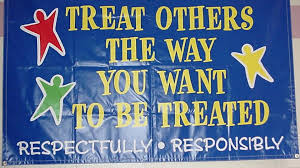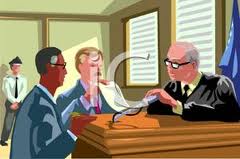I often think back to the first 18 years of my son’s life when he was perceived as being the same as everybody else. Then, when things started to change, there were many people called him schizo, crazy, mad in his head. BUT, our family always called him by his name – Doron.
Our son wanted to get well. He wanted to love and be loved but most of all he needed the peace of mind that the rest of us take for granted. That peace of mind eluded him even though he took his medication religiously. He tried every new tablet until there were no new meds to take. So, his doctors gave him what we referred to as a ‘salad of meds’ where they mixed a few together. Later, he returned to the psychiatric hospital once a month to get a long lasting shot.











